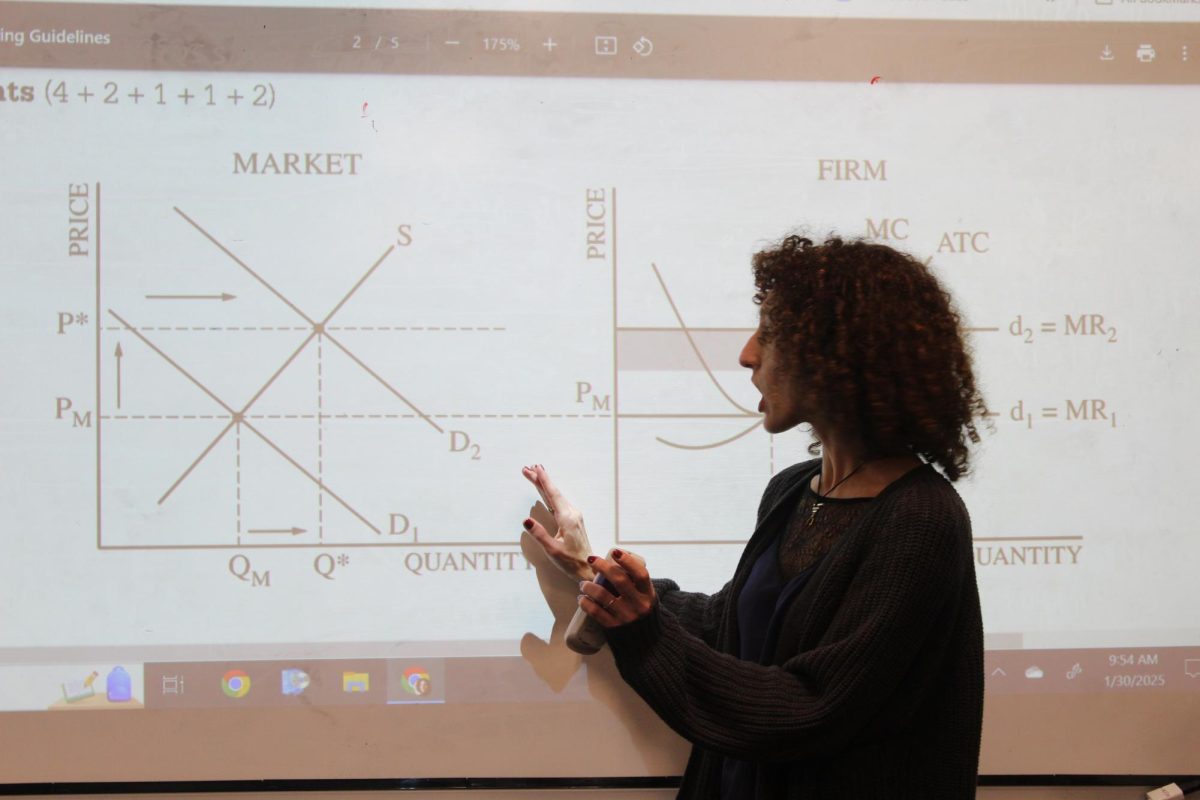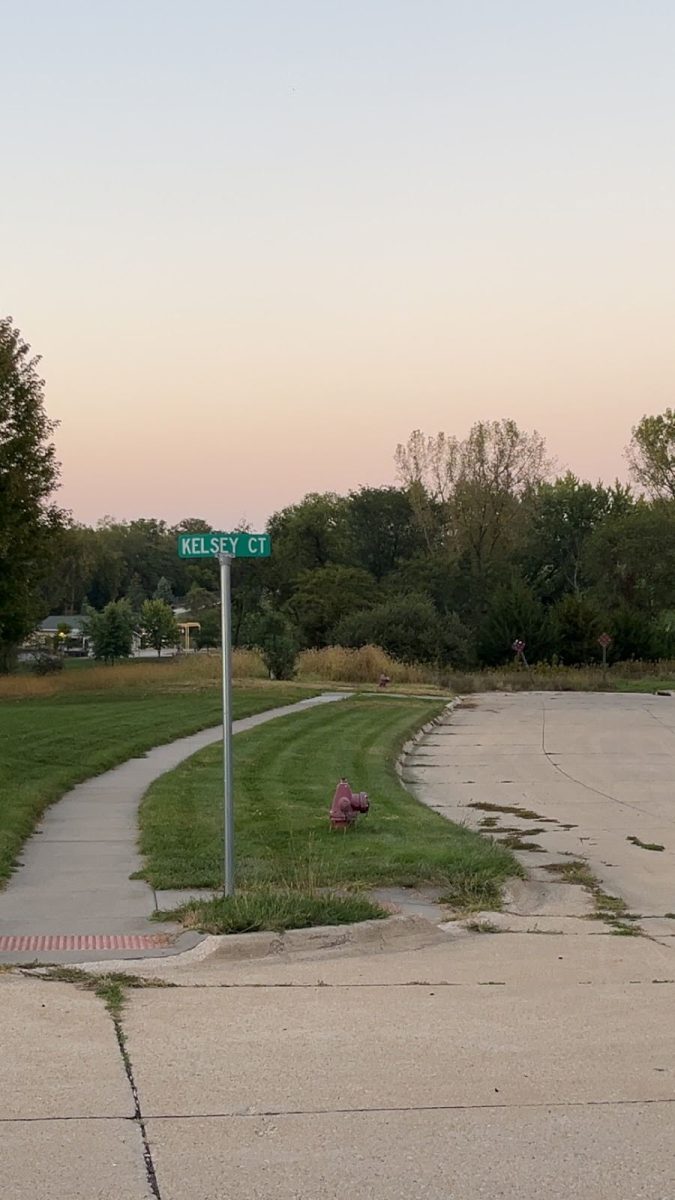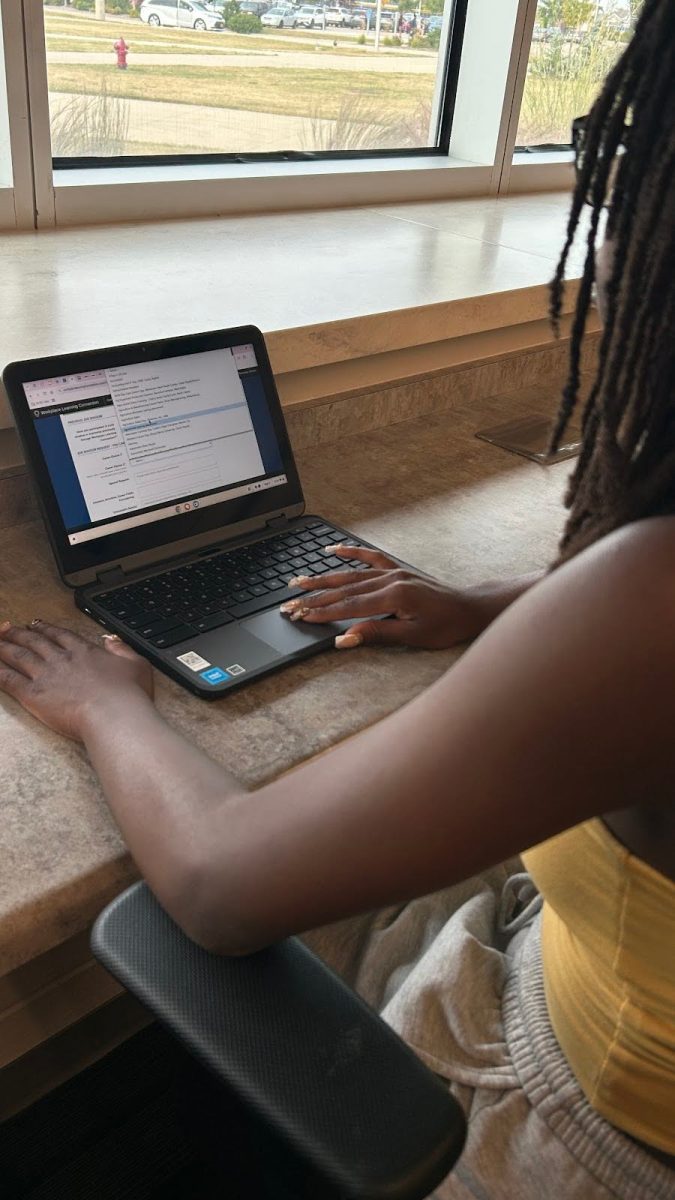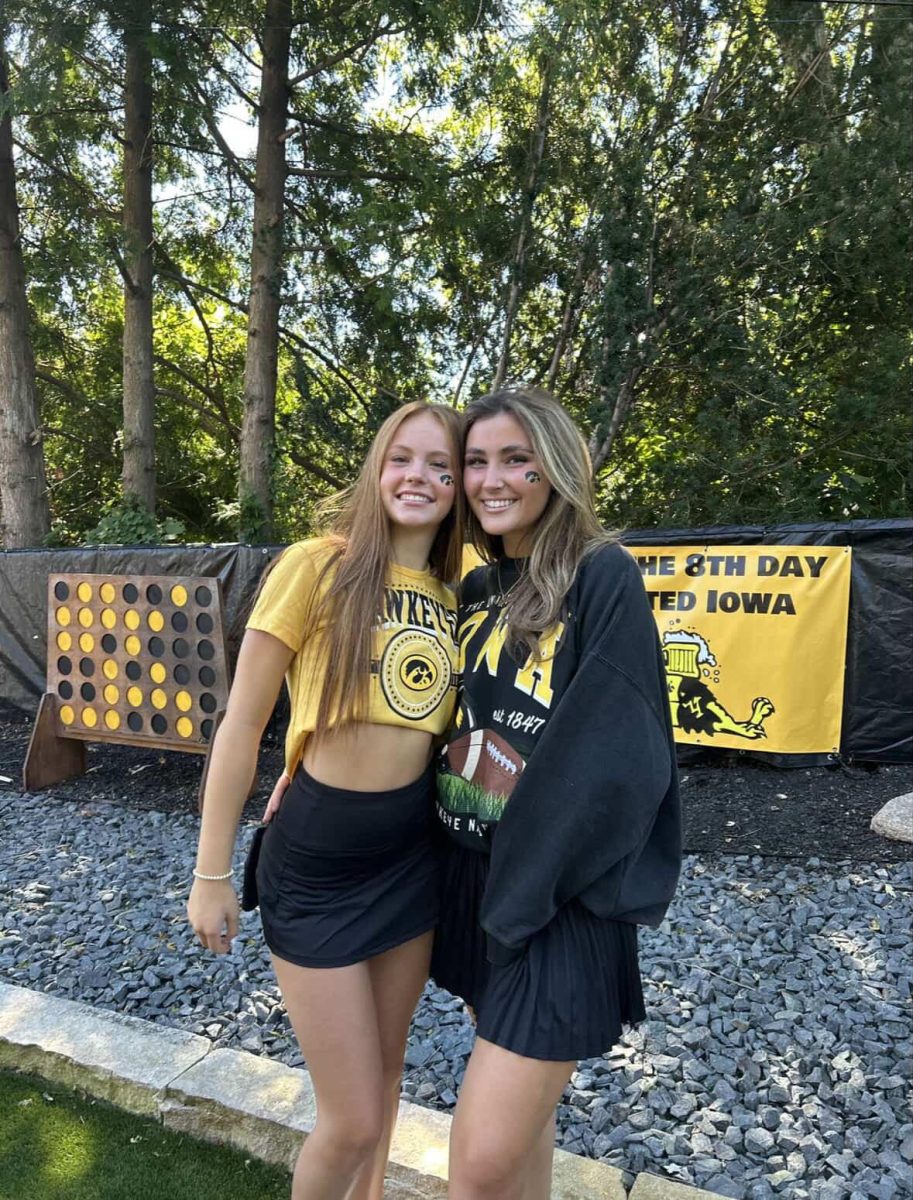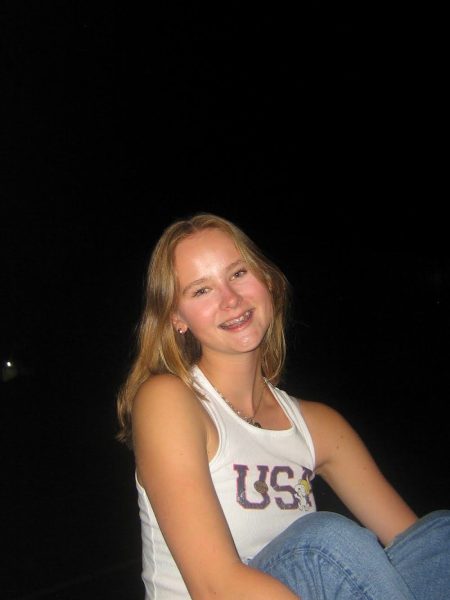The field of education is constantly evolving to meet the needs of students, schools, and the community. Because of this, classroom teachers are tasked with increasing expectations in addition to traditional educational roles.
These responsibilities range from fostering social-emotional development to navigating changes in classroom management. Gabrielle Kouri (she/her), a social studies teacher at Liberty, gives insight into how these changing expectations impact her role as an educator. Being in the field of education since 2006, she can speak to the changing roles of teachers.
“There is a much greater expectation for social and emotional support on us in addition to the expectation of teaching our content well,” Kouri stated.
Kouri acknowledges that social-emotional well-being is a necessity in classrooms, but also recognizes that education is rooted in the teaching curriculum. Balancing these concepts, she shares, has been difficult.
“I just wish it was understood that we are doing more with less. We have larger class sizes, with more needs to modify and differentiate for.” Kouri continues, “At the same time, I appreciate the emphasis on the role we play in students’ social development. We’ve always had this opportunity, but we are being encouraged now more than ever to reach out and connect with students as caring adults. This is a good step in the evolution of schools.”
As an educator, Kouri finds ways to maintain her passion despite the field’s changing landscape. Cultivating relationships with students has been influential in reminding her of what originally drew her to education. When reflecting on the evolving demands of her position, Kouri feels that her development as an educator is to be expected.
“Part of me wants to say I haven’t changed a thing, but that is not true. I’m always changing.” She adds, “I’ve just had to be mindful of how I carry out my role.”
As educational legislation passes at the state and federal levels, Kouri has worked to accommodate these regulations in her teaching while prioritizing her students’ needs. In implementing policies and legislation, conversations surrounding school safety are frequently had. Kouri feels the burden of being held liable for others’ safety.
“I have no confidence in my ability to keep people safe [from firearms]. I’m a history teacher and an economics teacher. I have anxiety. I resent the role,” Kouri said.
For as much responsibility as educators are expected to assume in the matter, Kouri believes that students should play a larger role in maintaining safety protocols.
“I don’t think our students are prepared. I think we are afraid it would scare them too much,” she states. “I think that’s sad, because… there is nothing more scary than being unprepared.”
Looking towards the future, Kouri believes that supporting educators is vital in maintaining successful learning environments. Strengthening training for teachers, increasing funding and writing effective educational policies can be instrumental in improving the field of education.



